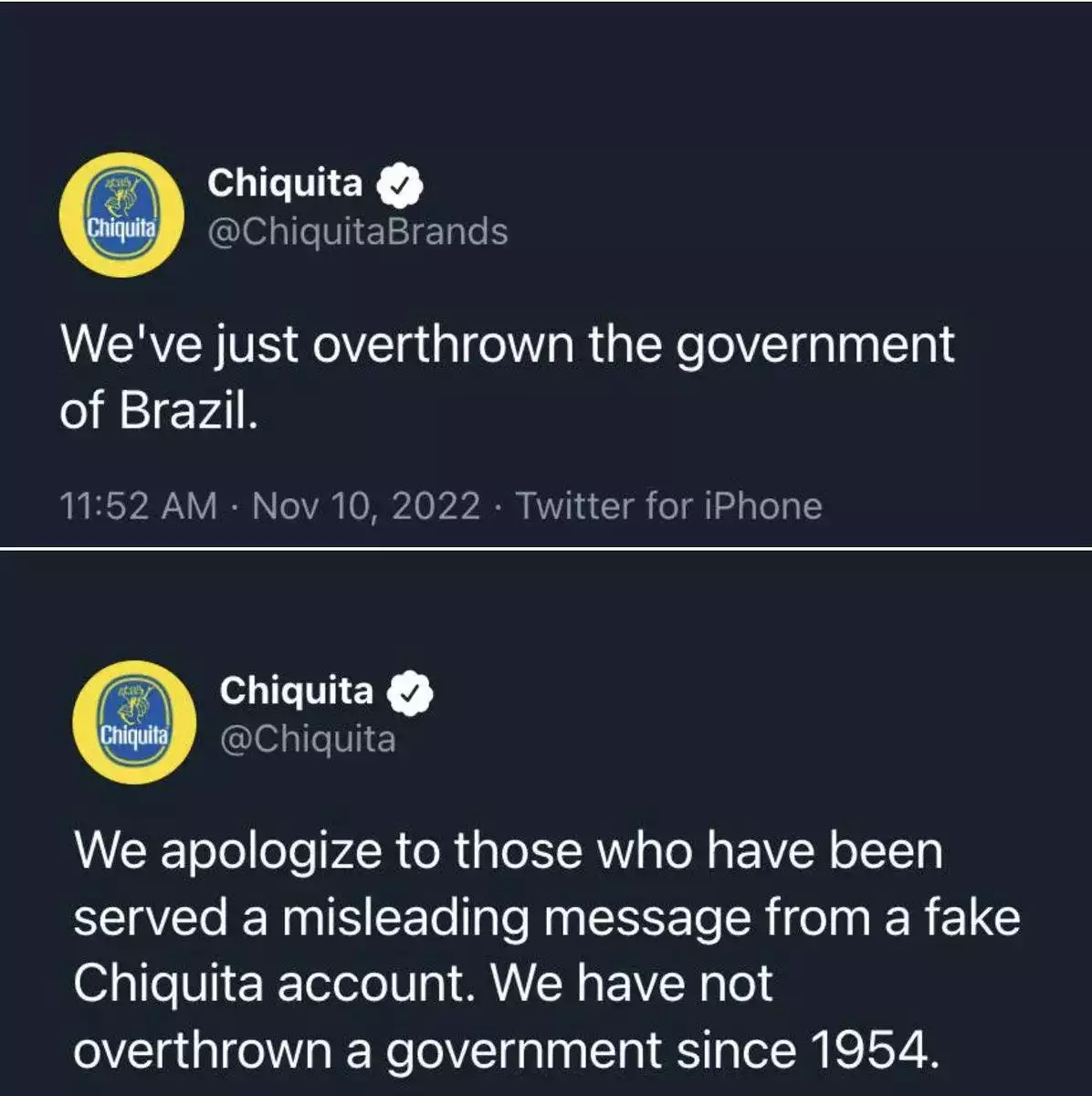Social media is making our personal information easily available online and hence many people are being targeted for fraud on such platforms.
Social media scam usually involves the creation of a fake account on any of the popular social media platforms like Facebook and Instagram. Through such fake accounts, scammers use social engineering to target people and extract money or other sensitive information such as bank account/credit/debit card details or passwords.
💀Beware of those trending social media scams
- Job & Investment scams
Fraudsters are now relying on a fairly new technique to scam people. It involves either sending a text SMS or a message on WhatsApp, promising job opportunities. To make the offer more attractive, the message includes details of daily wages. As per a screenshot, a message reads, "join us and earn Rs 5000/ day. Please contact discuss detail: wa.me/+91*******123."
Some messages will likely bear a different number. However, the modus operandi remains the same. The link sometimes leads to a fishy website stealing your data. Oftentimes, it is a legitimate person on the other end, though he/ she will ask you for personal details or demand a registration fee via UPI.
In the case above, adding 'wa.me' before a phone number on your web browser will direct you to a WhatsApp chat. As mentioned, scammers on the other end will likely ask for more details, which you should avoid at all costs.
- Impersonator accounts
Scammers create imposter social media accounts using someone else's name, photos, and other identifying information. Impersonator accounts may request money, send links for phishing scams, or post fake giveaways and prizes. Scammers have also started impersonating celebrities. Several people have shared their experiences on social media about celebrities supposedly contacting them for financial assistance [*] or claiming they’re raising money for charities.
Don’t get scammed. Do this instead:
An influencer is likely not messaging you to ask for financial help. Always conduct an additional search to see if you can find a verified account for this person or an account that displays more followers, content, and engagement.
Try to not communicate any kind of financial information on social media just use normal calls for that.
- “Is this you in this photo/video?” and other link scams
This scam is another version of a hacked account scam. You might receive a message from a friend or stranger that says something like, “Is this you in this photo?!” alongside a link. While reading a message like this can be nerve-racking (or pique your curiosity), don’t click on the link. If you do, it will most likely take you to a fake social media login page designed to steal your password.
How to avoid social media scams
Follow NS Technology
Facebook page
Youtube Channel




Comments
Post a Comment